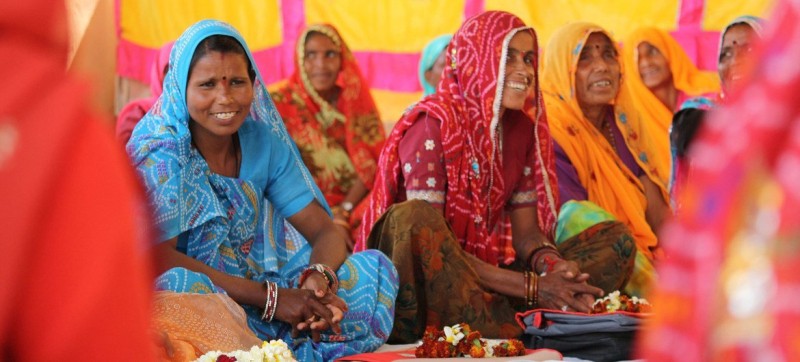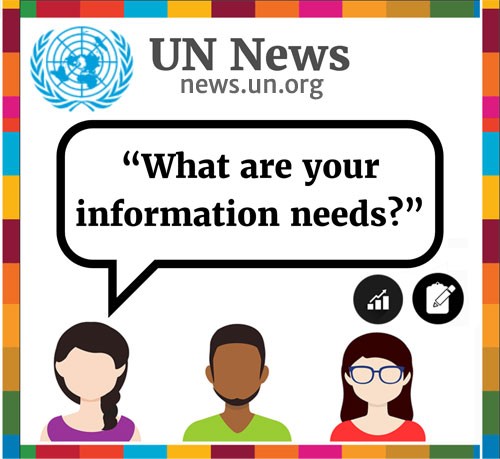
UN Women/Anindit Roy-Chowdhury/Ashutosh Negi Women attend a health and education training session in Rajasthan, India.
“Halfway to the 2030 deadline the Sustainable Development Goals are dangerously off track,” he warned. “Gender equality is almost 300 years away. Progress on maternal health and access to family planning has been glacial.”
World Population Day is commemorated annually on 11 July and this year’s focus is on unleashing the power of gender equality and giving greater voice to women and girls.
Invest in women
Although they comprise half of all people on the planet, women and girls are often ignored in discussions on demographics, with their rights violated in population policies, according to the UN.
As a result, women and girls can be limited in their ability to make decisions about their own health and sexual and reproductive lives, which in turn heightens their vulnerability to violence, harmful practices and preventable maternal death.
The Secretary-General said gender-based discrimination harms everyone, while investing in women uplifts all people, communities, and countries.
“Advancing gender equality, improving maternal health, and empowering women to make their own reproductive choices are both essential in themselves, and central to achieving all the Sustainable Development Goals (SDGs),” he added.
Mr. Guterres called for standing with women and girls fighting for their rights and for intensifying efforts “to make the Sustainable Development Goals a reality for all 8 billion of us.”
Tweet URL
Harness the power
What women and girls want matters, according to the UN’s sexual and reproductive health agency, UNFPA.
World Population Day is a reminder that a more prosperous, peaceful and sustainable future can be achieved “if we harness the power of every human being on the planet,” said Dr. Natalia Kanem, the UNFPA Executive Director.
Her message for the Day highlighted that over 40 per cent of women around the world cannot exercise their right to make decisions as fundamental as whether or not to have children.
Gender equality benefits all
“Empowering women and girls, including through education and access to modern contraception, helps to support them in their aspirations – and to chart the path of their own lives,” she said.
Dr. Kanem stressed that advancing gender equality is a crosscutting solution to many social problems.
She said for ageing societies worried about labour productivity, achieving gender equality in the workplace represent the most effective way to improve output and economic growth.
“Meanwhile, in countries experiencing rapid population growth, women’s empowerment through education and family planning can bring enormous benefits by way of human capital and inclusive economic growth,” she added.
Dr. Kanem said the solution is clear, as “accelerating the advancement of gender equality – through access to sexual and reproductive health and rights, improved education, appropriate labour policies, and equitable norms in the workplace and home – will result in healthier families, stronger economies, and resilient societies.”

2023 UN News User Survey
Thank you in advance for agreeing to participate in our survey so we can improve and tailor our products to your needs. The survey will take no more than 4 minutes to complete.

